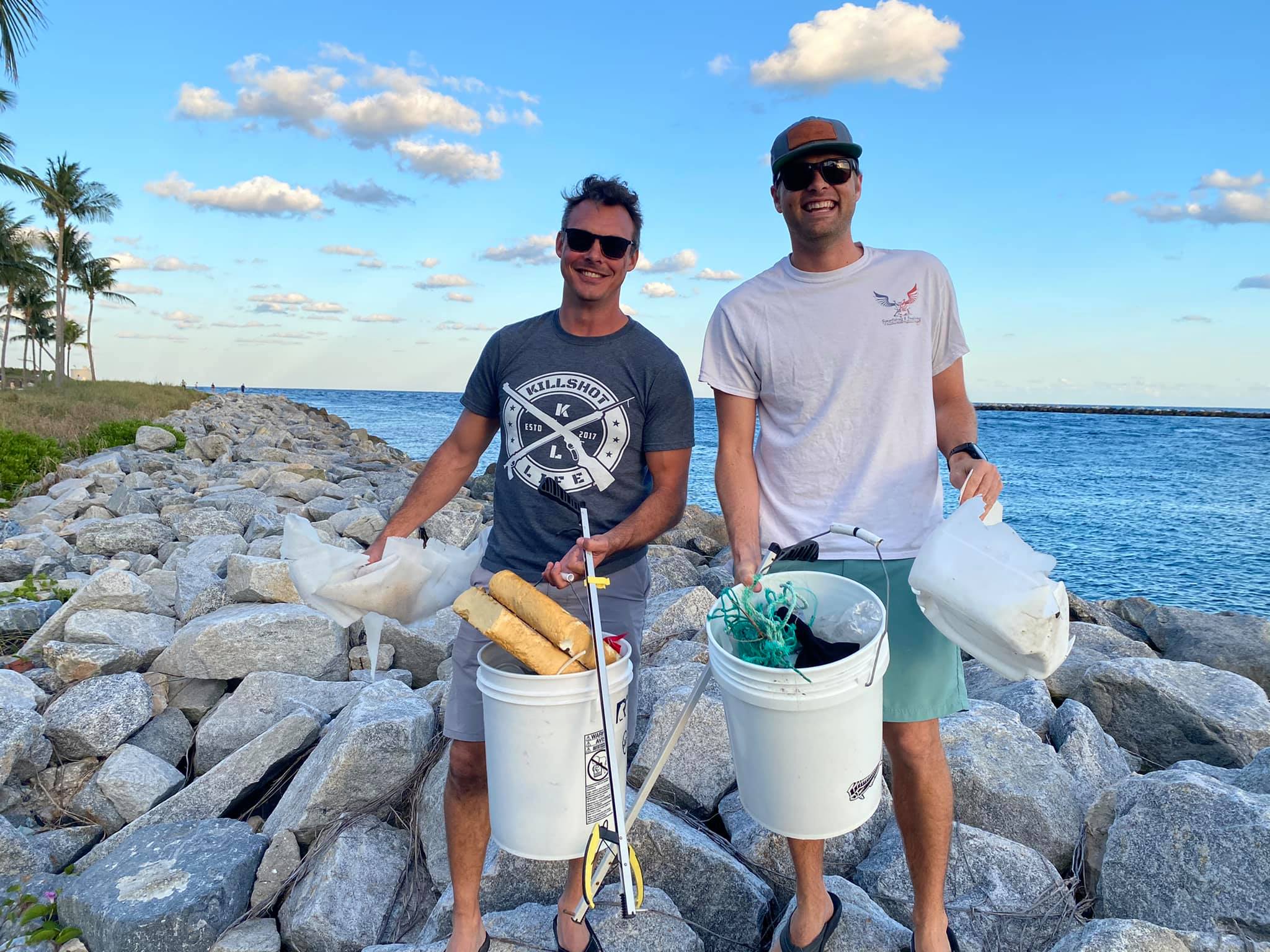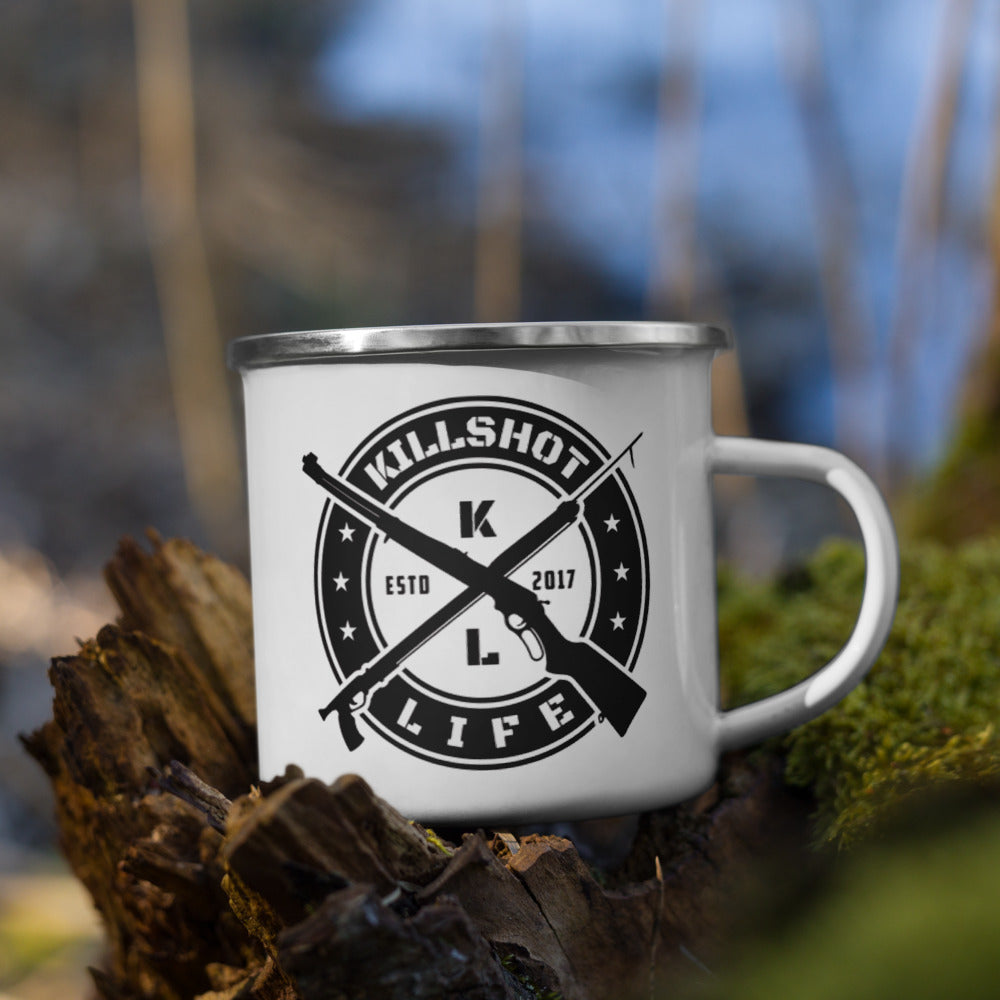The Nutritional Goldmine: Exploring the Benefits of Organ Meat from Wild Game
Share
In today's world, where food choices are abundant, there's a growing movement to embrace sustainable and ethically sourced options. For hunters, the pursuit of wild game offers a unique opportunity to connect with nature and contribute to conservation efforts while providing nourishment for themselves and their families. One aspect that sets wild game apart from conventional meat is the treasure trove of nutrients found in its often-overlooked organ meats. This article explores the benefits of organ meat from wild game and discusses how those who pursue the shot not bought life can make the most of the animal they harvest.

1. A Rich Nutritional Profile: Organ meats, also known as offal, are the organs found inside the animal. They are incredibly nutrient-dense and contain essential vitamins, minerals, and compounds that are sometimes lacking in muscle meats. For instance, organ meats are excellent sources of B-vitamins (B12, B6, riboflavin, etc.), iron, zinc, selenium, and many other vital nutrients.
2. High Protein Content: Wild game organ meats are abundant in high-quality protein, which is essential for muscle repair, immune function, and overall well-being. For individuals seeking to build muscle, support an active lifestyle, or maintain a healthy weight, incorporating organ meats can be a game-changer.
3. Rich in Fat-Soluble Vitamins: Vitamins A, D, E, and K are fat-soluble vitamins that play crucial roles in various bodily functions. Organ meats, particularly liver, are particularly rich in these vitamins, which are essential for maintaining healthy vision, immune system function, blood clotting, and bone health.
4. Supporting Heart Health: Contrary to common misconceptions, organ meats, when sourced from wild game, can be beneficial for heart health. For instance, wild game liver is a potent source of Coenzyme Q10 (CoQ10), a compound that supports cardiovascular function and acts as an antioxidant, protecting the body from free radicals.
5. Sustainable Practice: Embracing nose-to-tail eating, which involves using as much of the animal as possible, is a highly sustainable approach to hunting. By utilizing the entire animal, hunters reduce waste and honor the life that provided them with sustenance. This contrasts with conventional meat production, where large amounts of edible organ meats often go unused.
6. Enhancing Culinary Experiences: Incorporating organ meats into one's diet can elevate culinary experiences by adding unique flavors and textures. Wild game liver, for instance, has a rich and distinct taste that can be enjoyed in various dishes. Exploring new recipes and cooking methods can open up a world of delicious possibilities.
7. Respectful Hunting Practices: Responsible hunters prioritize ethical hunting practices, which include aiming for a clean and ethical kill. This ensures that the animal does not suffer unnecessarily. When hunters make use of organ meats, they further demonstrate their respect for the animal by utilizing all available resources.
Tips for Utilizing Organ Meats:
-
Proper Handling and Storage: As with any meat, proper handling and storage of organ meats are crucial to maintaining freshness and safety. Clean the organs promptly after harvesting and keep them chilled until they can be processed or cooked.
-
Try Different Cuts: Experiment with different organ meats to find the ones you enjoy the most. Liver, heart, kidneys, and tongue are some common options worth exploring.
-
Marination and Spices: To help diminish any strong flavors that might be off-putting to some, consider marinating the organ meats in acidic mixtures like lemon juice or vinegar. Spices and herbs can also enhance the overall taste.
-
Incorporate in Various Dishes: Organ meats can be enjoyed in numerous ways, such as sautéed, grilled, braised, or made into stews and soups. Explore traditional recipes from various cultures to find new and exciting preparations.
In conclusion, the benefits of organ meat from wild game are undeniable. Packed with essential nutrients, organ meats offer a unique and sustainable food source for hunters and consumers alike. By embracing nose-to-tail eating, hunters can not only maximize the nutritional benefits of the game they harvest but also show respect for the animals they pursue. So, the next time you venture into the wild, remember to savor the rich rewards that lie within the often-unexplored world of organ meats.













1 comment
I’m delighted you mentioned that organ meats from wild game are rich sources of high-quality protein, which is necessary for muscle repair, immune system health, and general wellbeing. You mentioned that including organ meats can be a game-changer for anyone looking to maintain a healthy weight, support an active lifestyle, or gain muscle. I know my dad likes to hunt, and this makes me think of him. When he does, perhaps we’ll seek for a dish that uses wild wildlife so we can get its advantages.
https://bornhunting.com/category/recipes/